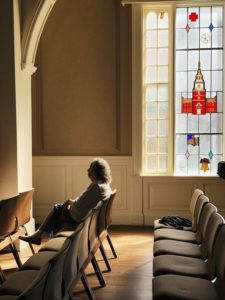
It is too soon to create a definitive list of all the things we will have learned from this pandemic, but I’m clear about one thing—John Kotter was right that urgency does drive change. Under pressure from the Covid-19 pandemic and outrage over police violence against black people, congregations have made changes I thought I would never see. Will we be able to continue innovating when extreme urgency no longer forces us to do so?

